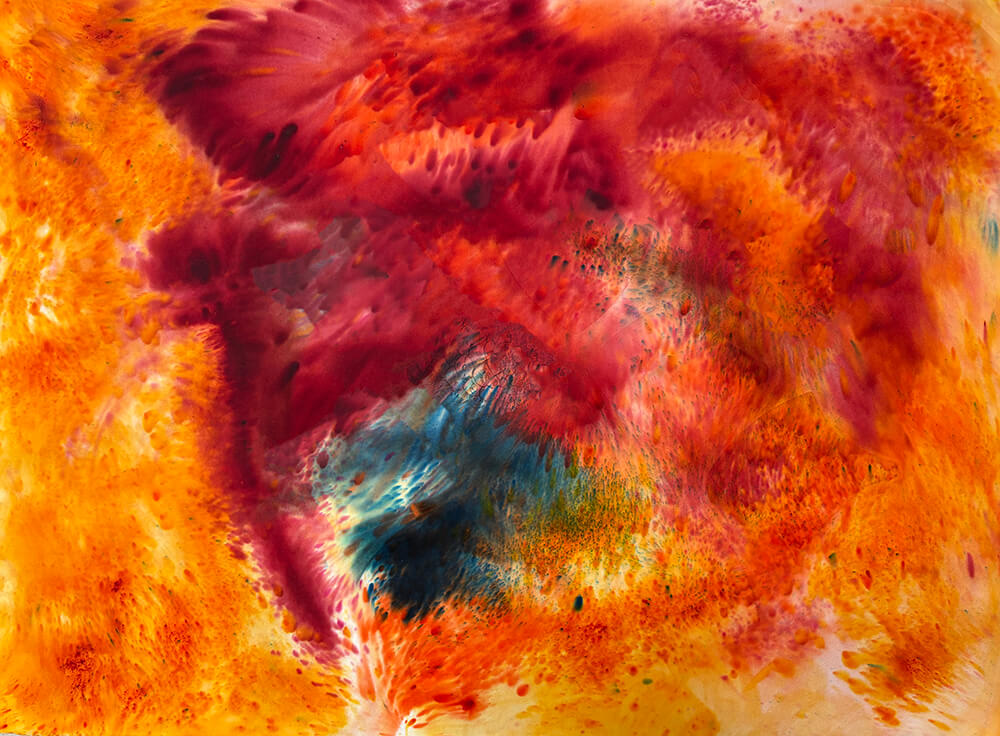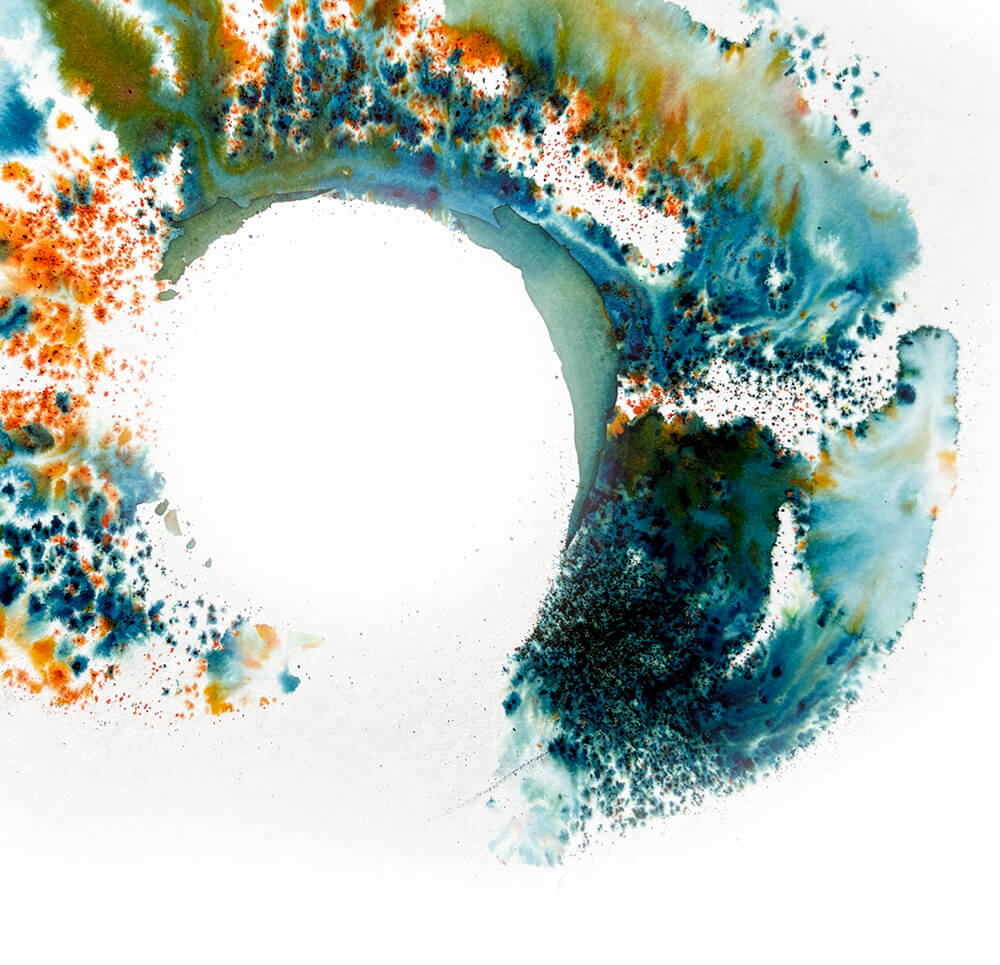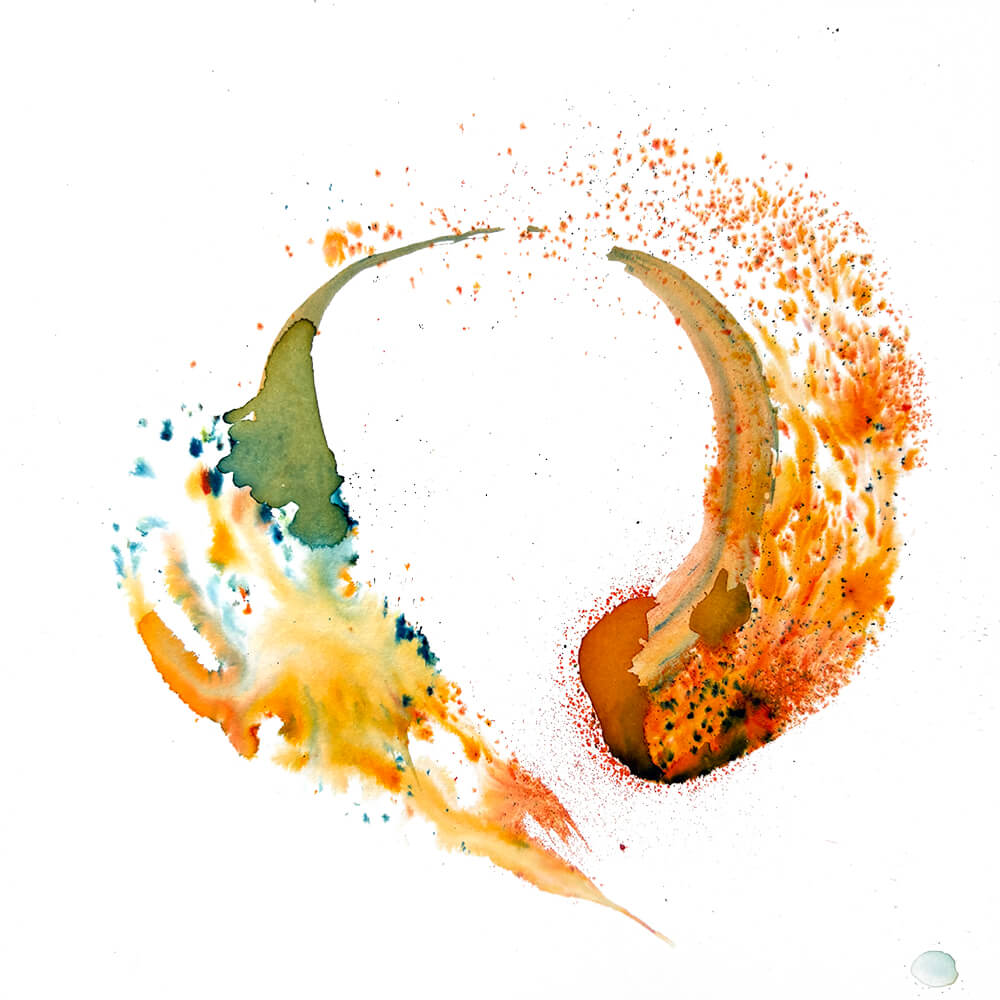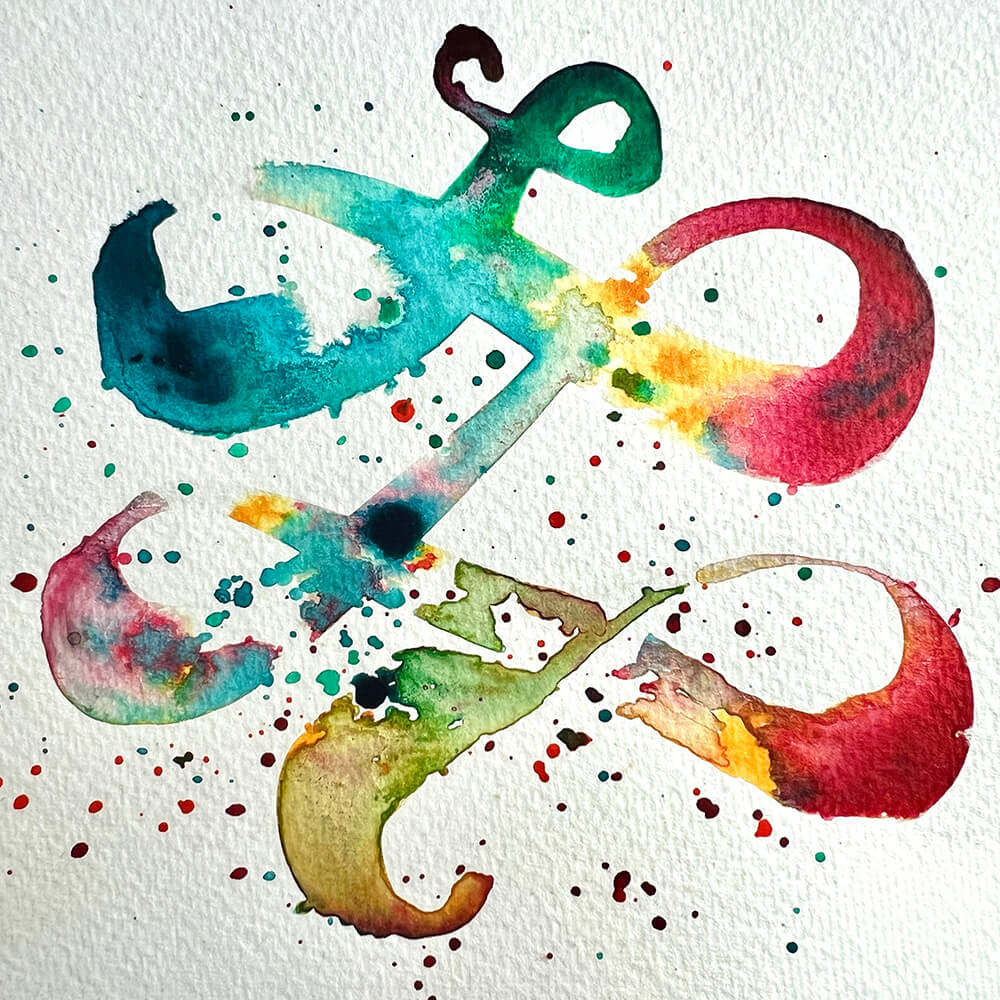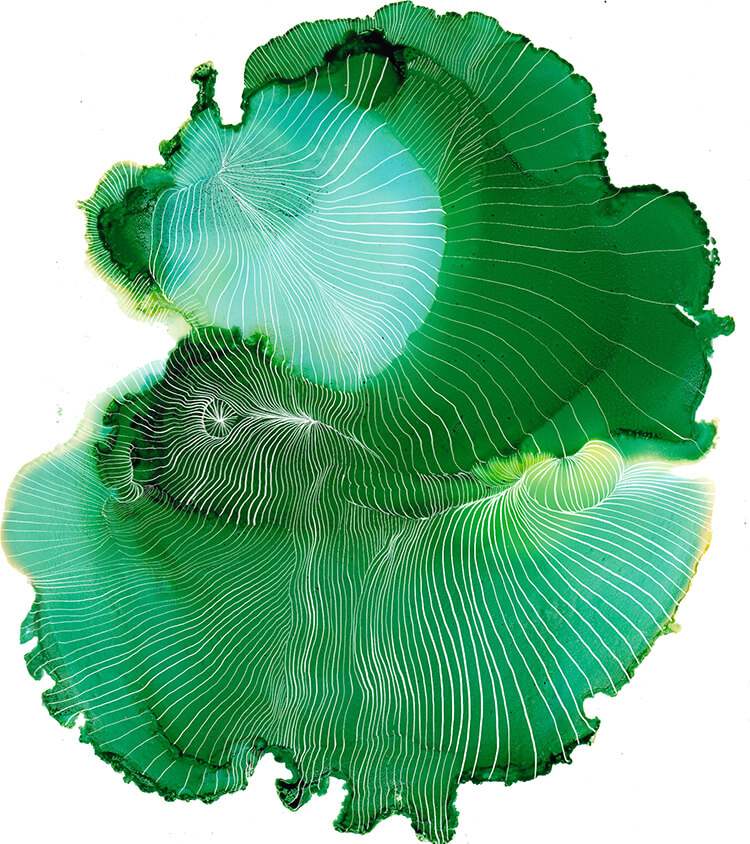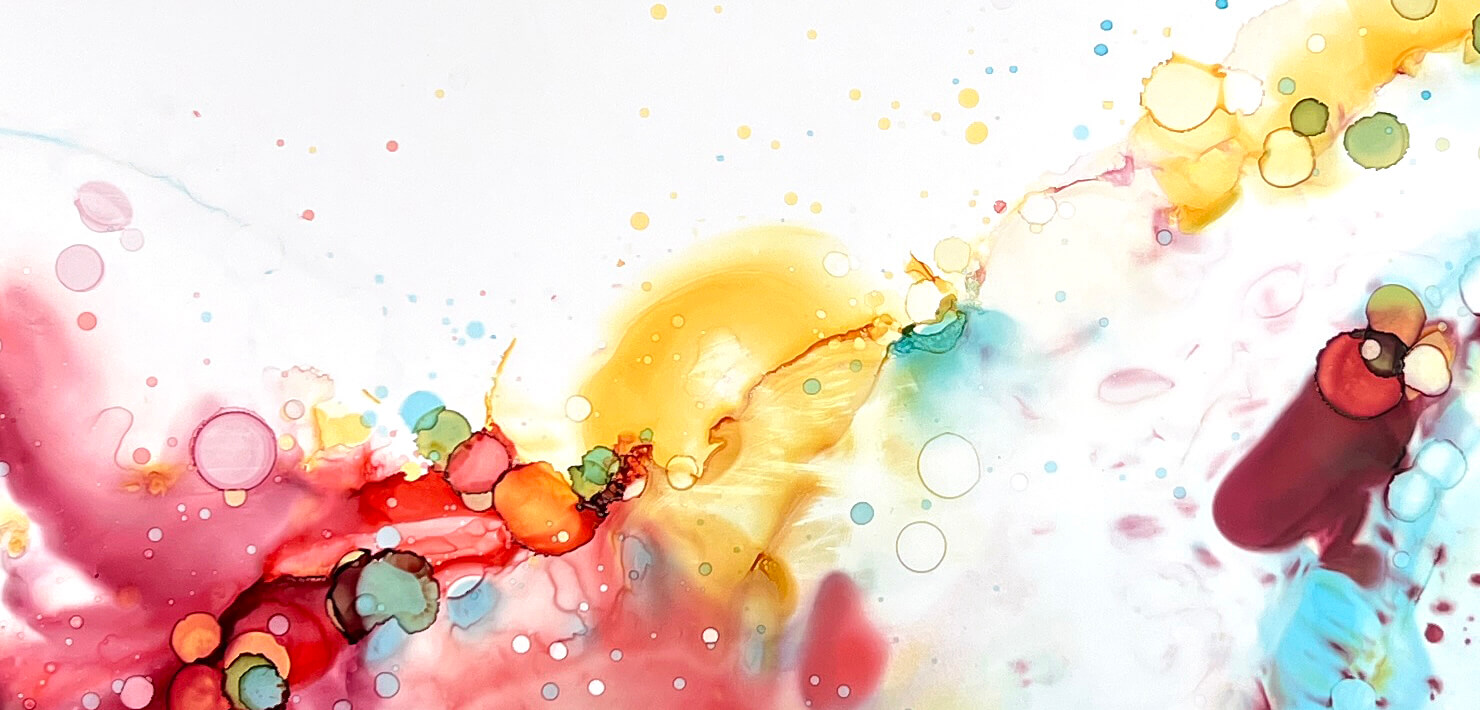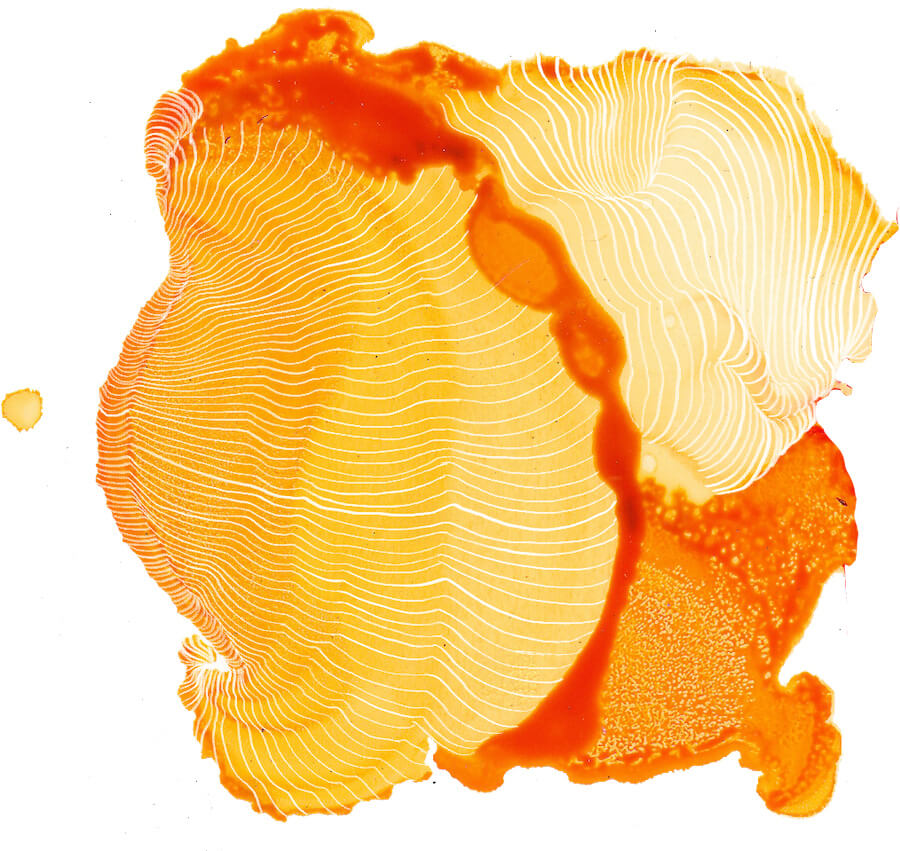A Creative Ritual for Every Lunar Cycle

Full Moon January 3, 2026
Singing yet, the Ancient One lifted the head of her daughter
and sent it spinning upward until it reached the top branch
of the tree. It settled there and began to shine, it radiance
growing every more brilliant as she sang.
—from a version of one Sky Woman story told by Paula Gunn Allen
As I am sad beneath my anger
the moon sees below every cover
& as I thrash defended from grief
deep changes occur to the moon in every moment
the whole world alike in this cyclical
shimmy, shake, drop, and rise
Please (I ask)
be courageous & listen for wisdom
in this new year, just like last year
and all the years before
May there be such grace as winter requires
so that summer finds us together
in circle with those to whom we are bound
in love & grace, in forgiving & strength
Under the belly of the cosmos
may we be nourished & give back
oh yes, let us give ourselves away entirely
My life in total one death poem
beetles and bees dancing
in the warm belonging of us together.

